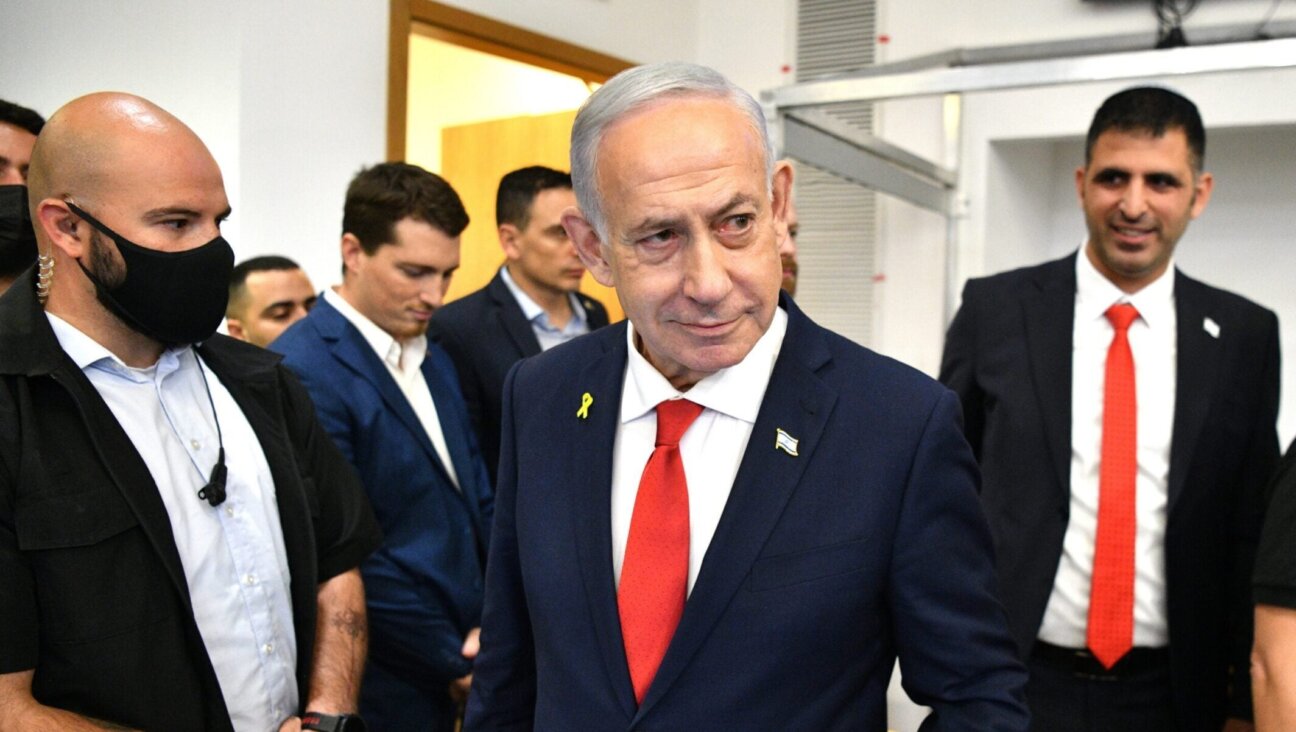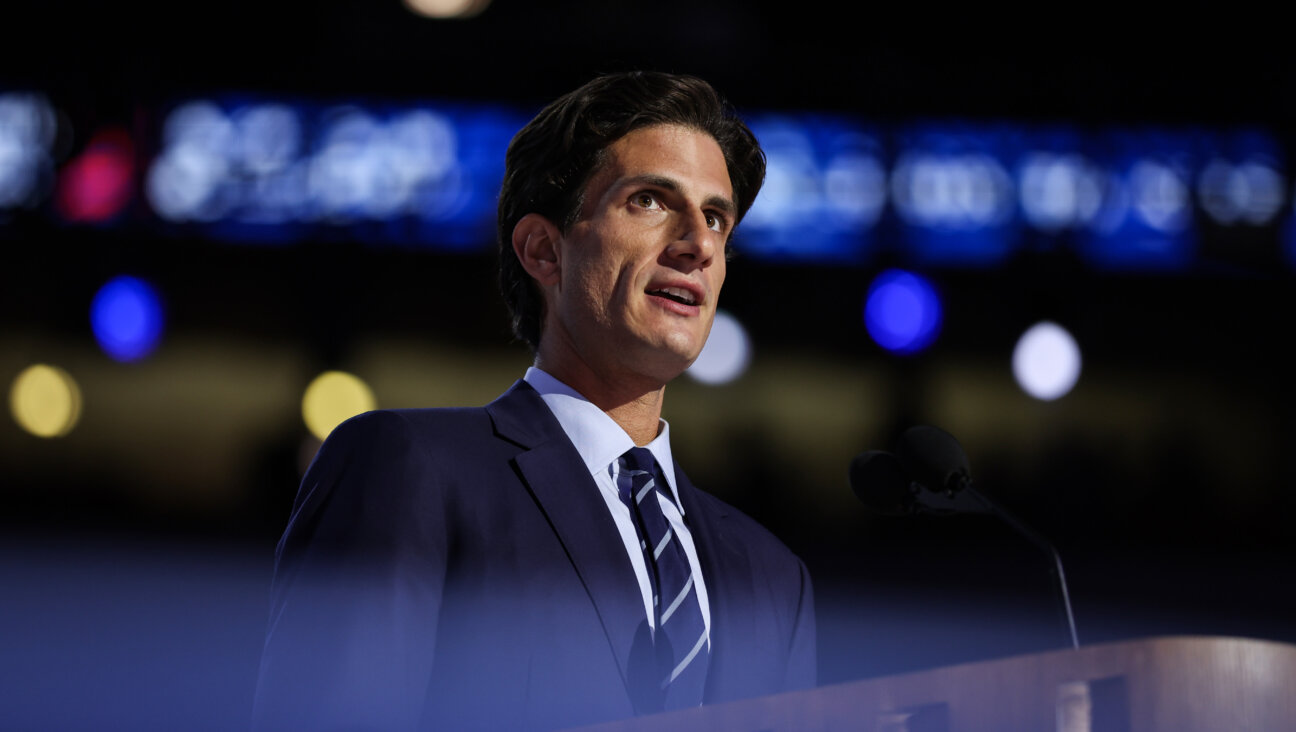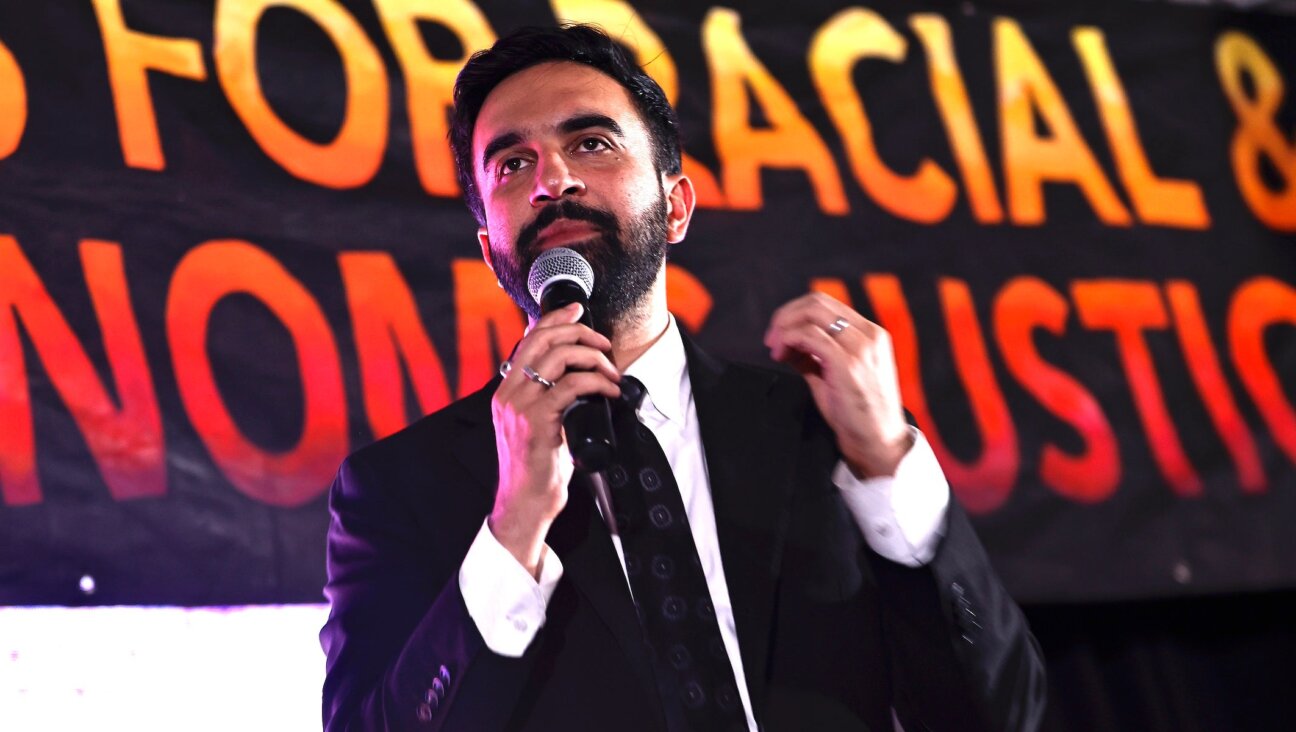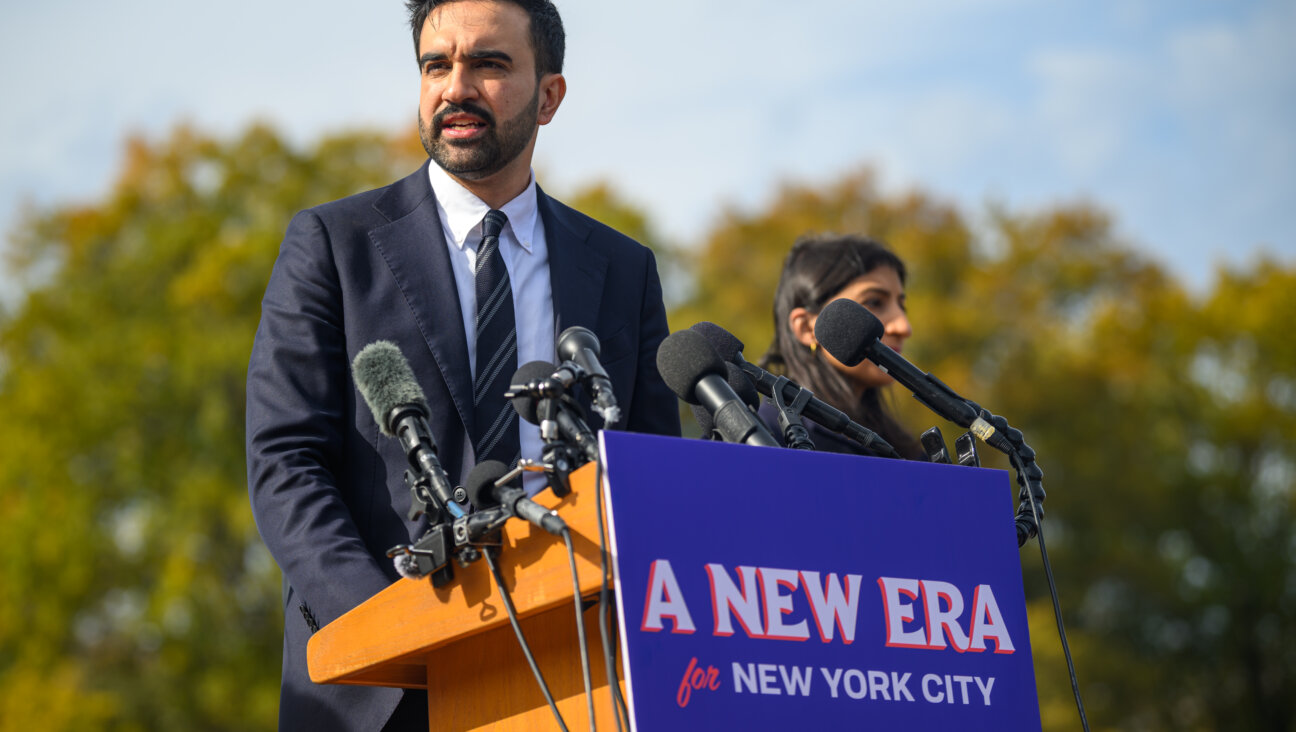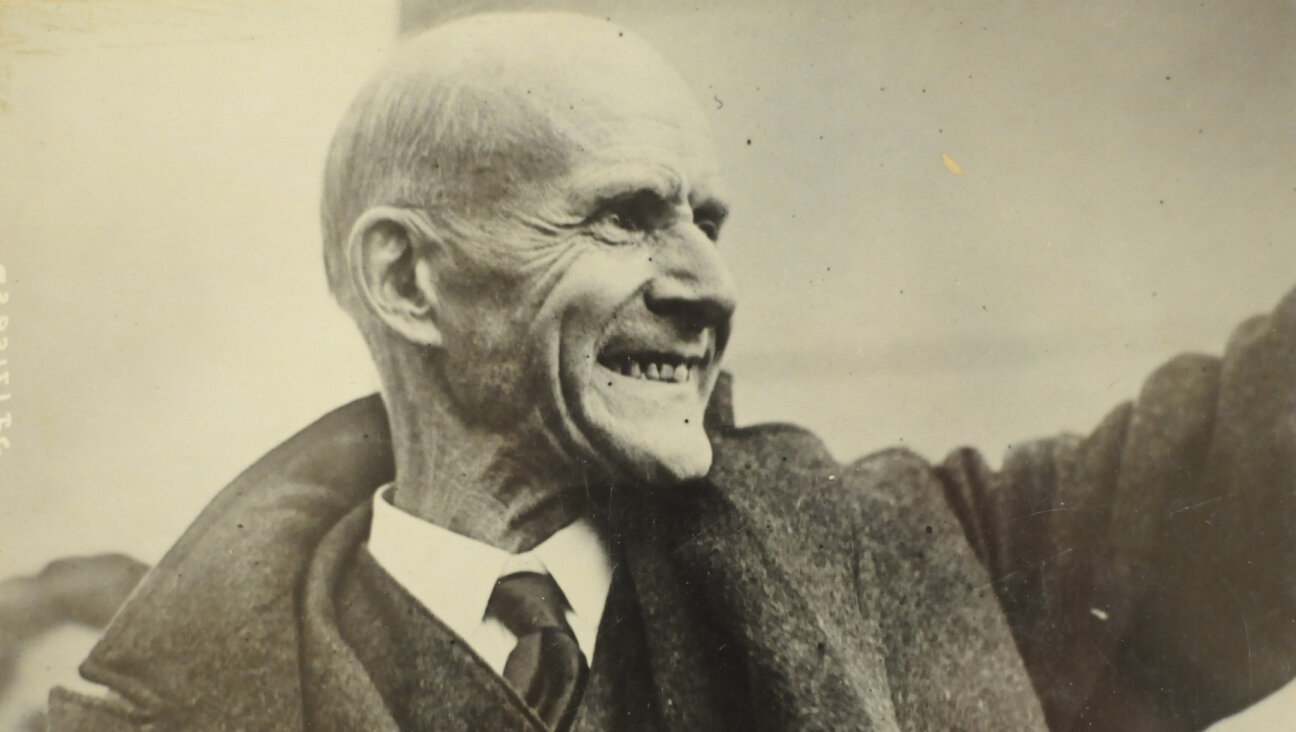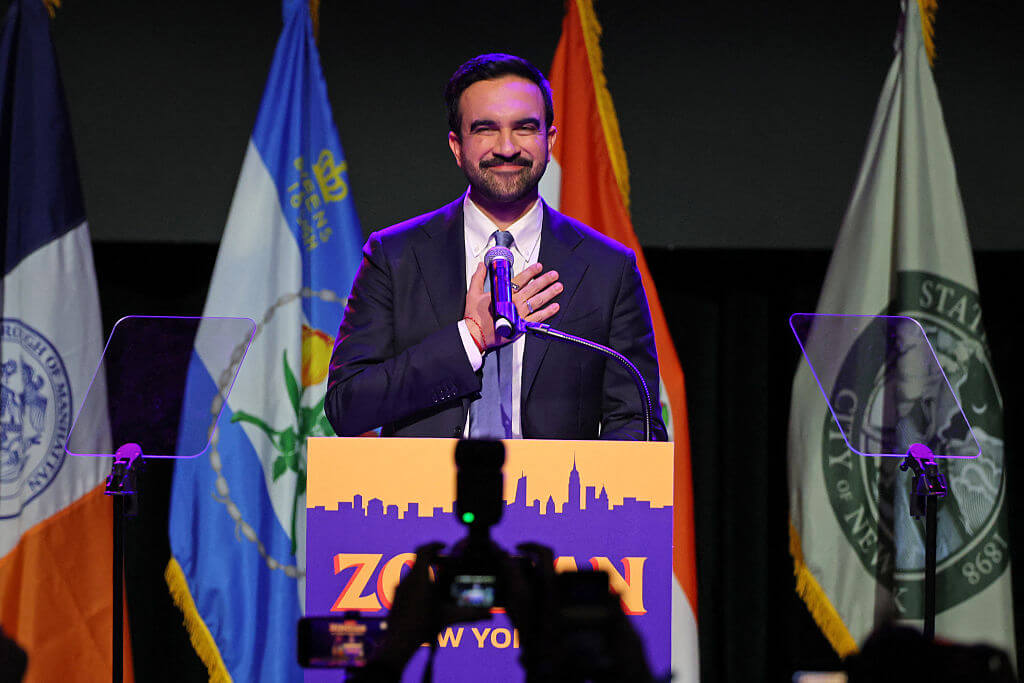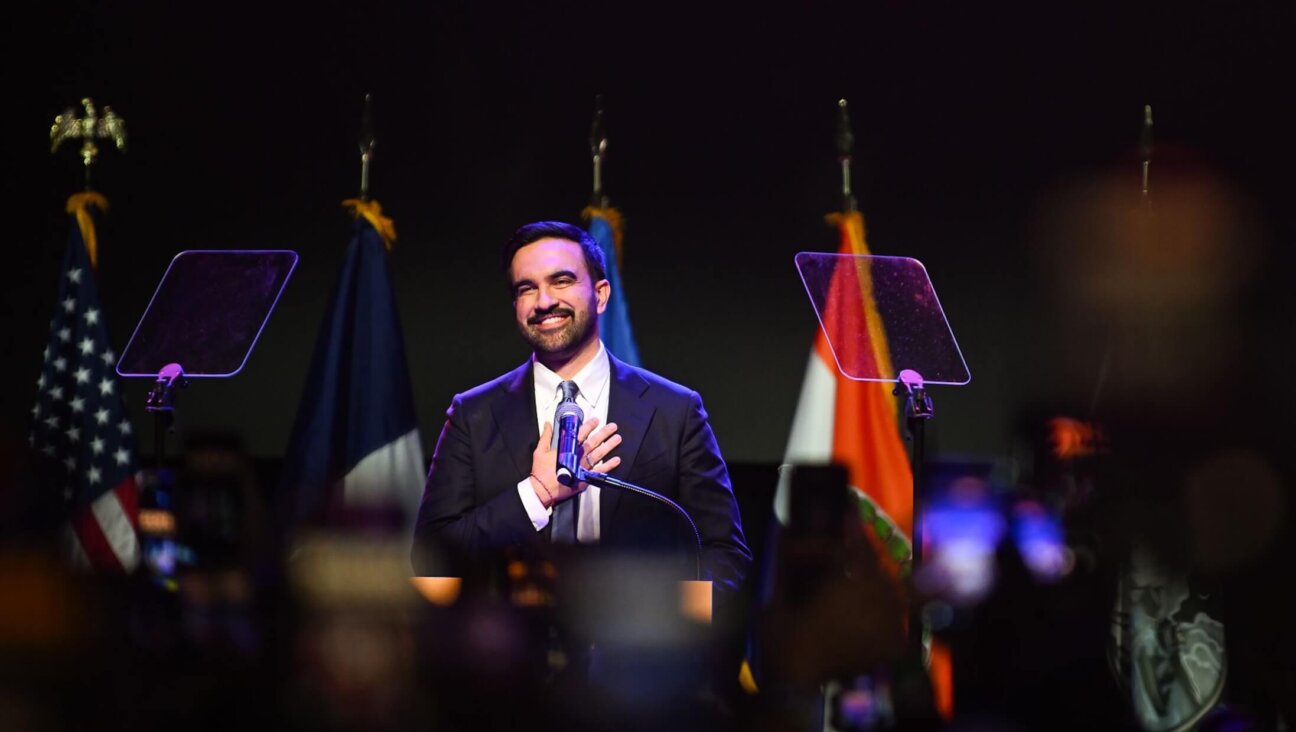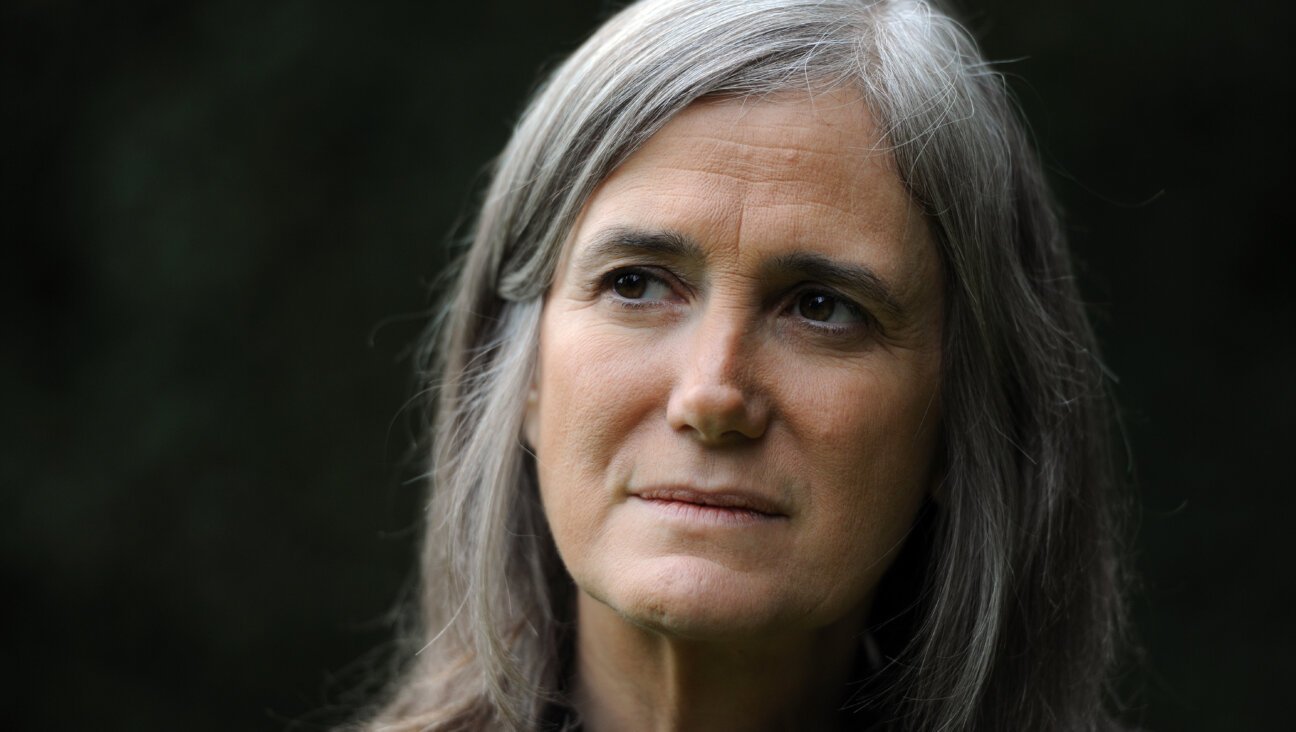Kerry Meets Jewish Leaders To Discuss Iran Deal

Image by Getty Images
Top Obama administration officials met for two hours with U.S. Jewish community leaders to discuss the emerging Iran nuclear deal.
Represented at the April 8 meeting were Secretary of State John Kerry and his undersecretary, Wendy Sherman, who is leading the U.S. side in the nuclear talks.
On the Jewish organizational side, representatives of the American Israel Public Affairs Committee, the American Jewish Committee, the Anti-Defamation League, the Jewish Federations of North America and the Orthodox, Reform and Conservative streams were present.
“As part of the administration’s regular outreach to various civil society groups in the U.S., the Secretary met with a group of Jewish American leaders Wednesday to discuss the U.S.-Israel relationship and the latest developments in our negotiations with the E.U., P5+1 and Iran over Iran’s nuclear program,” a State Department official told JTA. P5+1 refers to the countries negotiating with Iran, including the United States, Russia, China, France, Britain and Germany.
Kerry stayed for an hour in the room in the State Department, which was cleared of leavened goods in honor of Passover week, and Sherman remained for an additional hour.
Officials present would not describe the content of the off-the-record meeting, but they did say that the Jewish officials raised concerns about the deal.
“Both the secretary and the undersecretary articulated with depth, rigor and passion the deal and explained it,” one Jewish official said. “There was an opportunity for real engagement. Secretary Kerry was reaching out to those who need more engagement and convincing.”
The deal outline presented earlier this month by Iran and the major powers exchanges sanctions relief for restrictions aimed at keeping Iran from acquiring a nuclear weapon.
Israel and a number of Jewish groups have expressed concerns about the degree of the sanctions relief and whether the structures in place go far enough to keep Iran from achieving nuclear capability.


